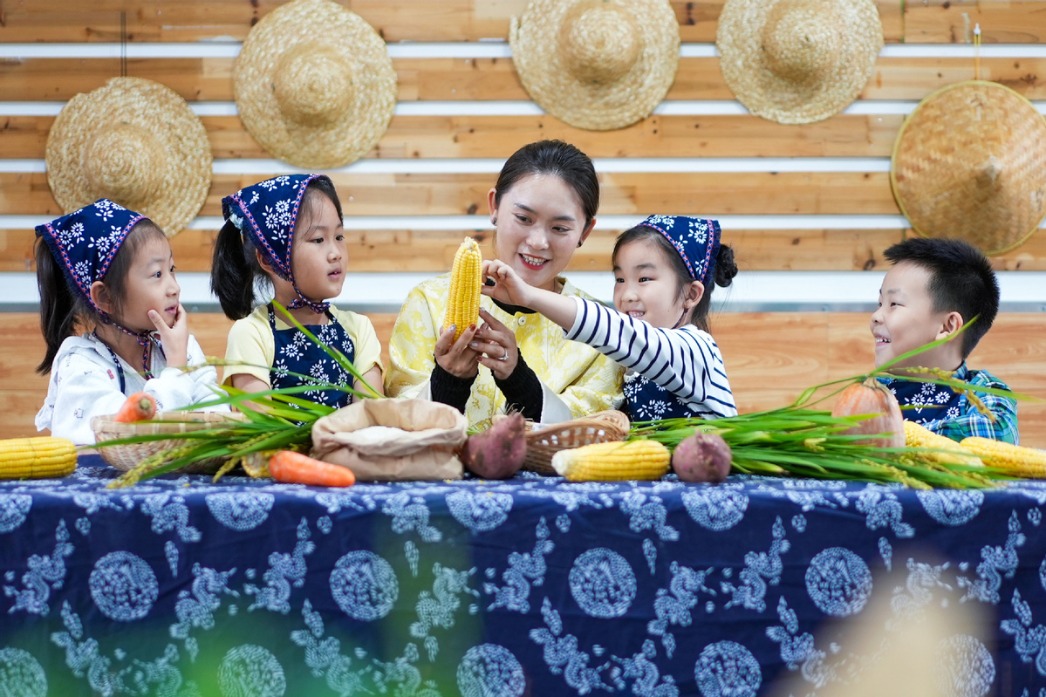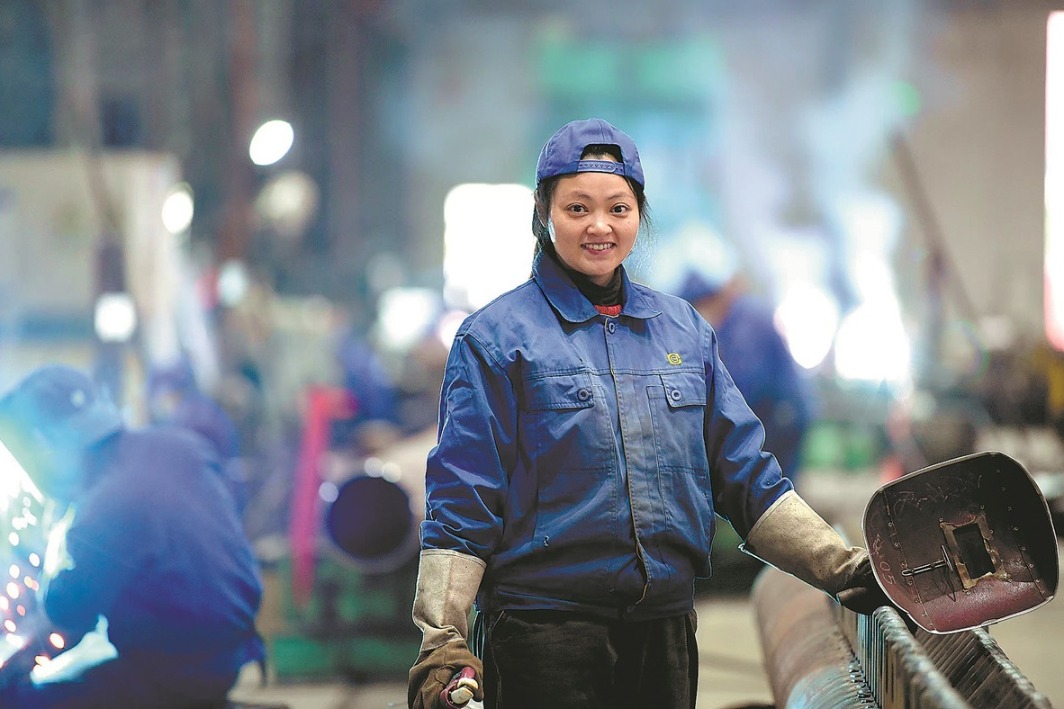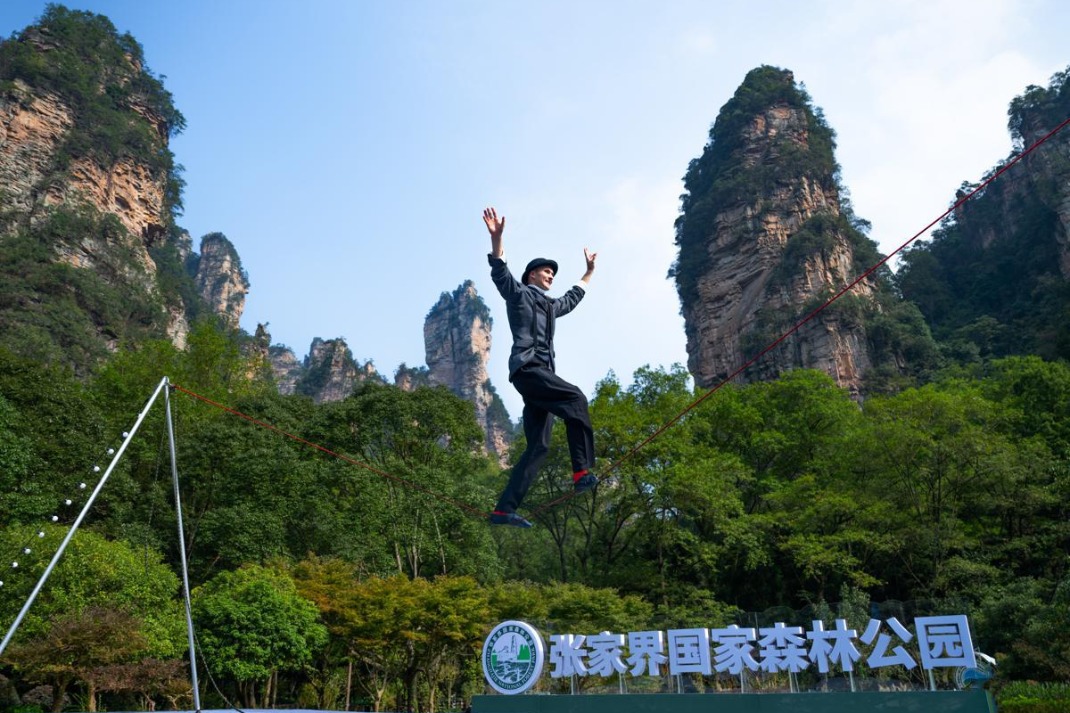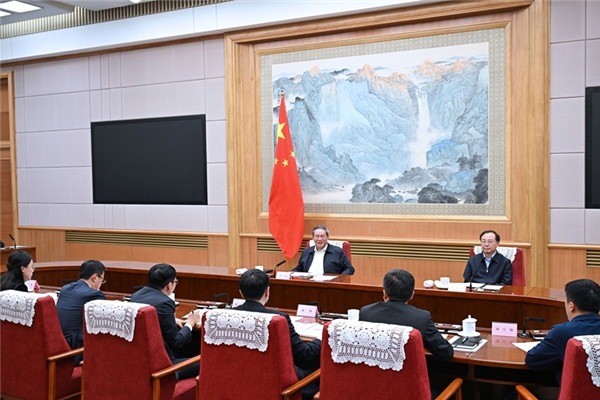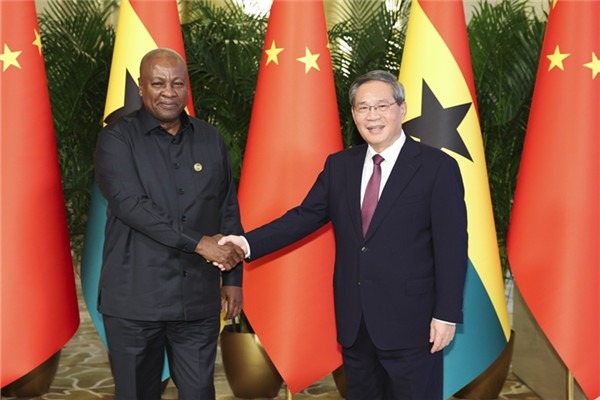UN official lauds empowerment efforts

As multilateralism weakens and the global rule of law faces mounting challenges, the international community should return to cooperation to jointly advance the cause of women's rights, said Nahla Haidar, chair of the United Nations Committee on the Elimination of Discrimination against Women.
She made the remarks during an exclusive interview with China Daily on the sidelines of the Global Leaders' Meeting on Women, which opened in Beijing on Monday.
"We are in a jungle now. The world has lost the complete supremacy of law," Haidar said, expressing deep concern about the current international environment, where unilateral actions are undermining the multilateral system. "Countries that think they're governing the world, who decide on their own, who don't care about international tribunal or justice — this is pushing the world into despair," she said, emphasizing the urgent need to "wake up and think about what brings us together rather than what splits us."
Reflecting on three decades of progress since the landmark 1995 Fourth World Conference on Women in Beijing, Haidar acknowledged that much has been achieved.
She pointed to the widespread adoption of laws against gender-based violence, higher female participation in education — particularly in science and technology — and a significant reduction in maternal mortality rates, with China serving as a notable example.
Haidar described Beijing as a "trademark" for advancing women's rights, crediting China for its ongoing leadership through follow-up initiatives such as "Beijing+5, +10,+15, +20." The initiative refers to a five-year review that assesses global advancements in gender equality and women's rights.
She noted China's recent commitment to increase funding for women's programs, including a $100 million fund, saying such concrete actions would produce measurable results.
Looking ahead, the UN official identified climate change, artificial intelligence and modern warfare as emerging issues that disproportionately affect women.
"Water is a weapon of war. Food is a weapon of war," she said, adding that women and girls often bear the heaviest burdens in such crises.
Regarding technology, she warned that while AI offers opportunities, it also poses risks without effective oversight.
"We have to watch it and make women part of it, so that they are also in the lead," she said.
When asked about achieving the UN's 2030 Agenda for Sustainable Development, Haidar said she was "not very optimistic", citing slow progress in women's political representation.
"Someone at the Inter-Parliamentary Union made a calculation that we still need 100 years to reach parity in all parliaments of the world," she said. But she stressed that this should not discourage efforts. "It's about setting realistic expectations in the disturbed world we are in."
Haidar said the international community should focus on communication, sharing best practices and creating effective evaluation mechanisms. She also emphasized the need to engage men and boys in the gender equality movement.
zoushuo@chinadaily.com.cn
- Autumn brings migratory birds to grasslands in Baotou
- Theme events carried out across China to mark upcoming World Food Day
- 8 killed, 4 injured in suspected drunk driving accident in East China
- Mainland to expand on-arrival document service for Taiwan residents
- Former senior official of Hainan indicted for graft
- Torch relay for China's 15th National Games to be held in Hong Kong in early November
















